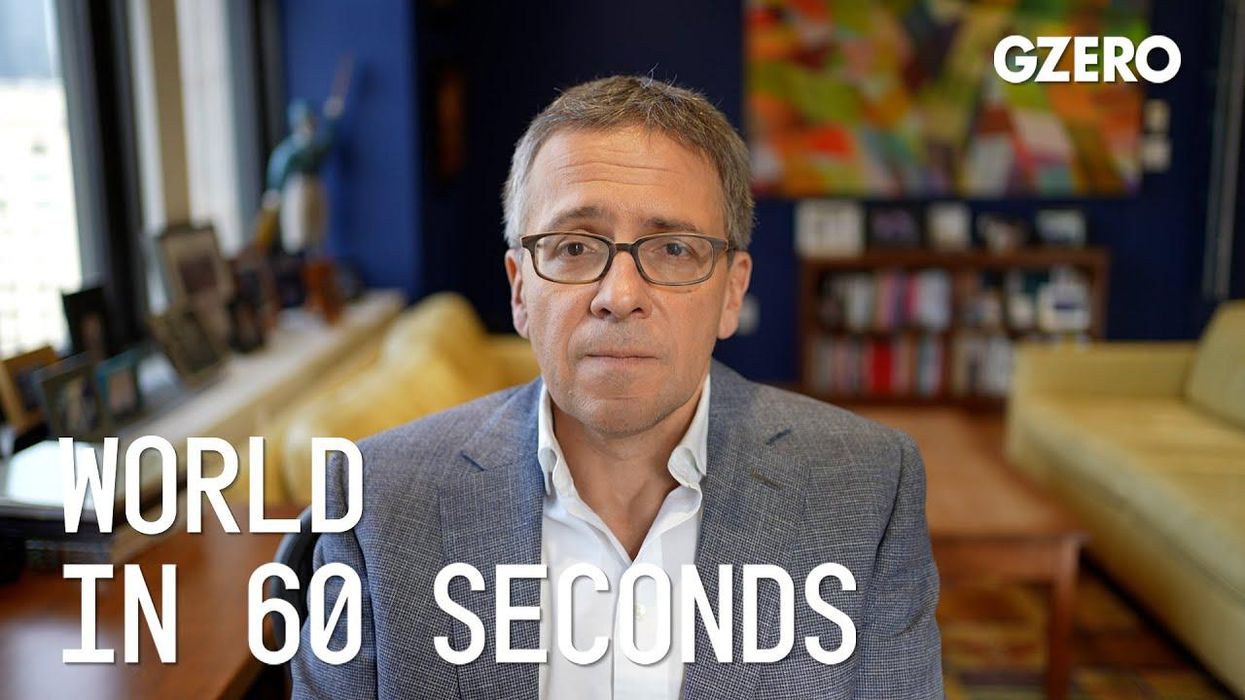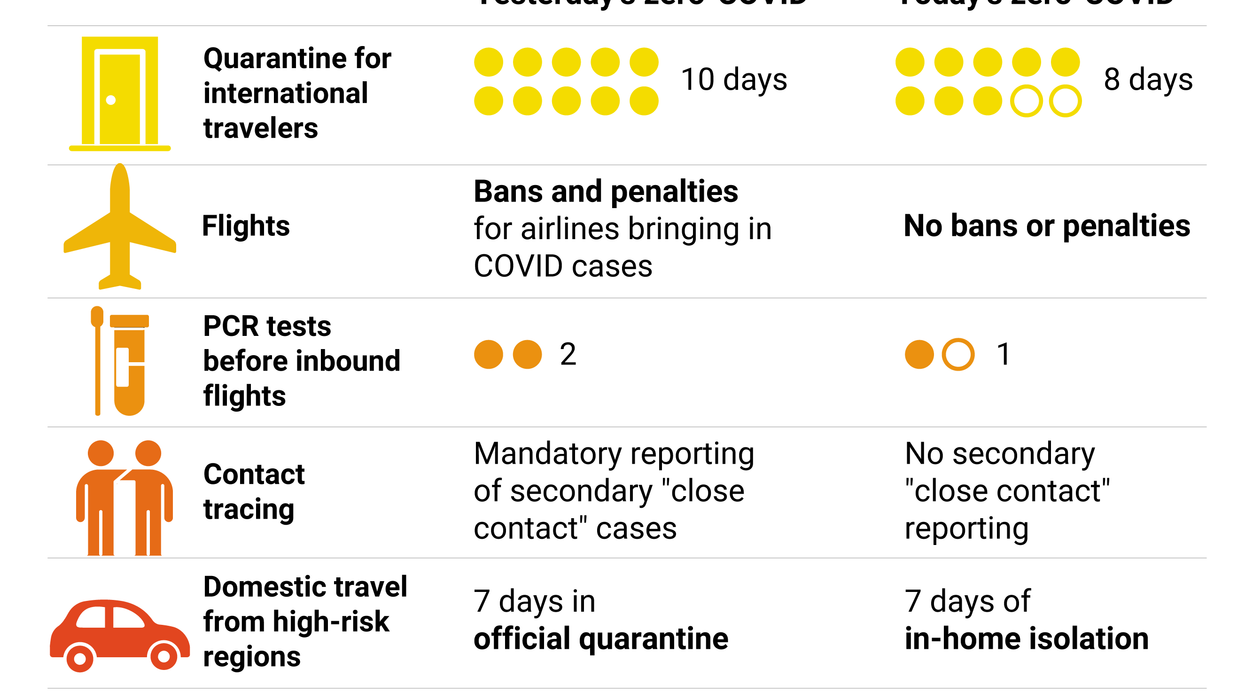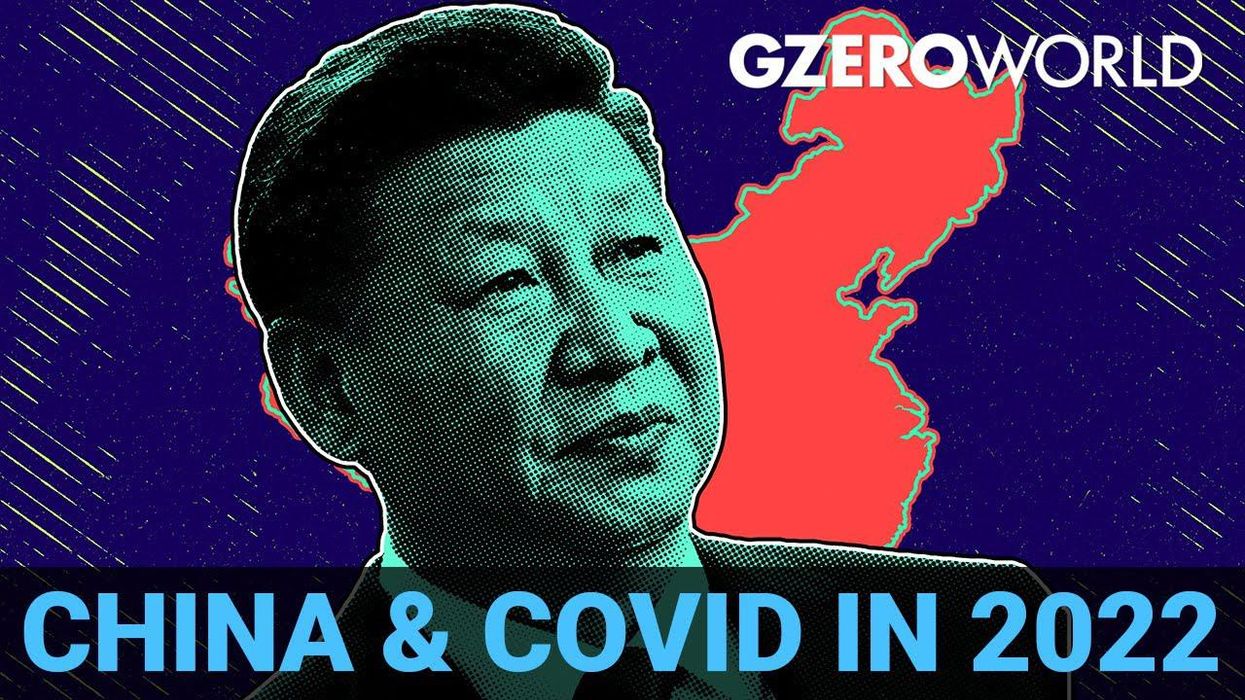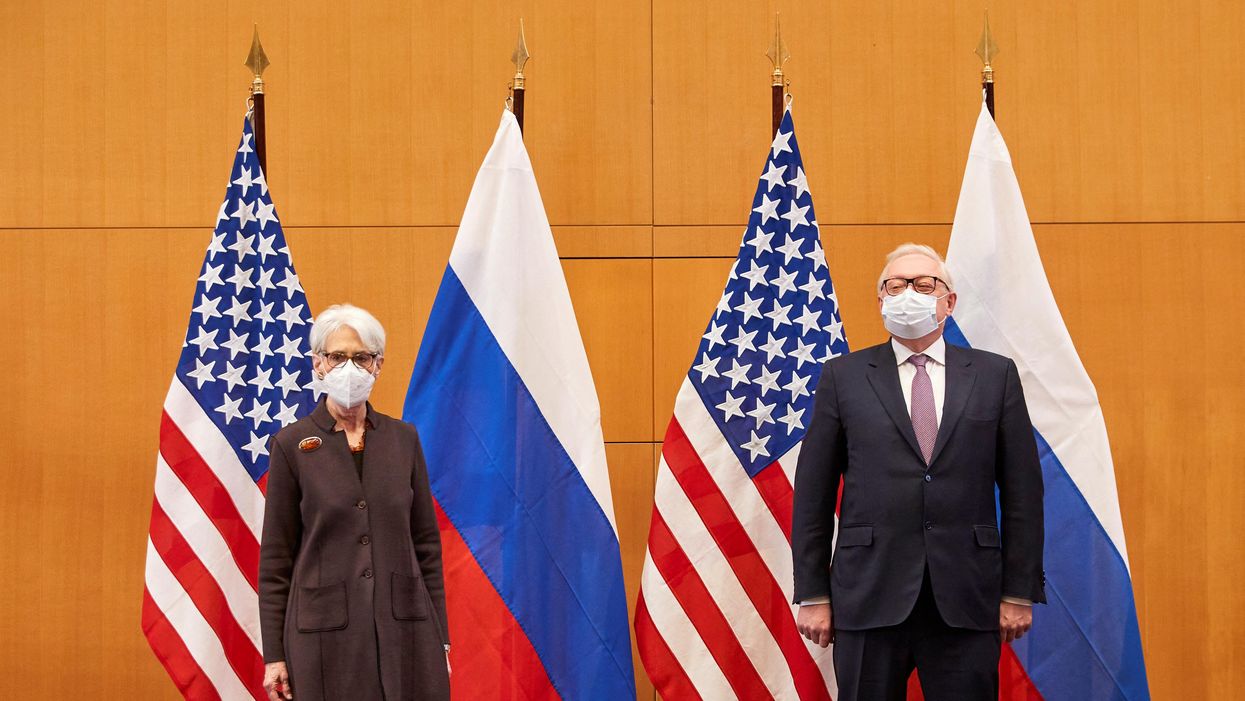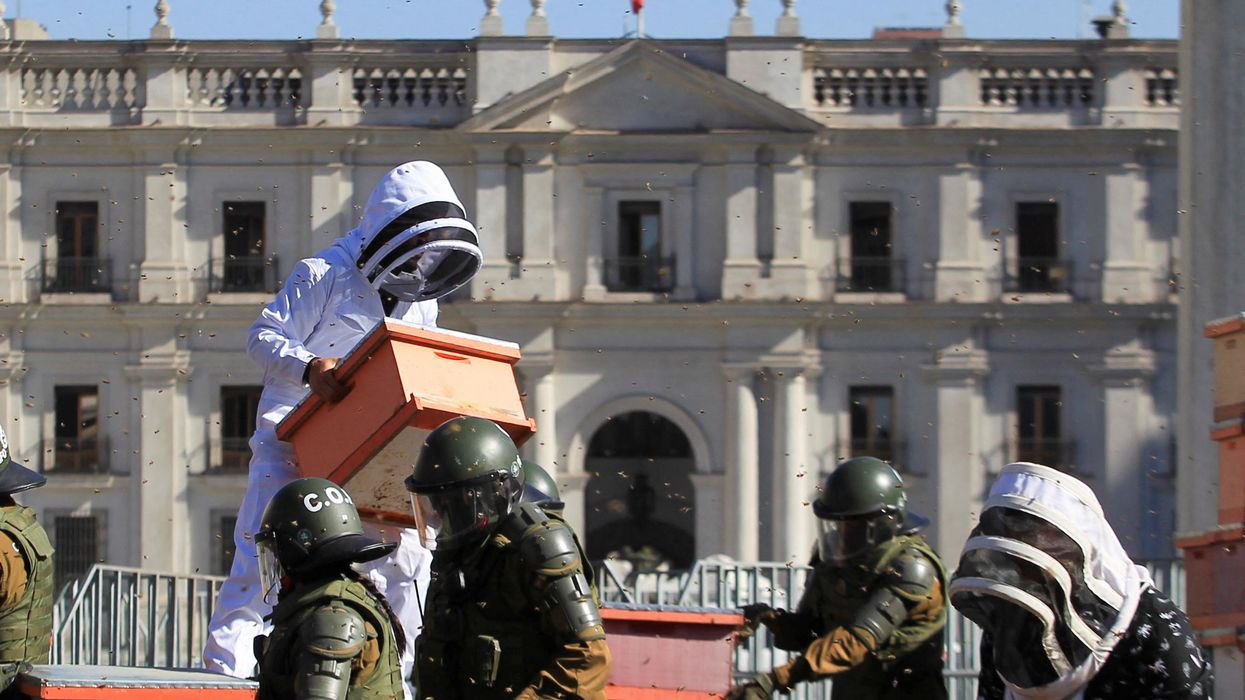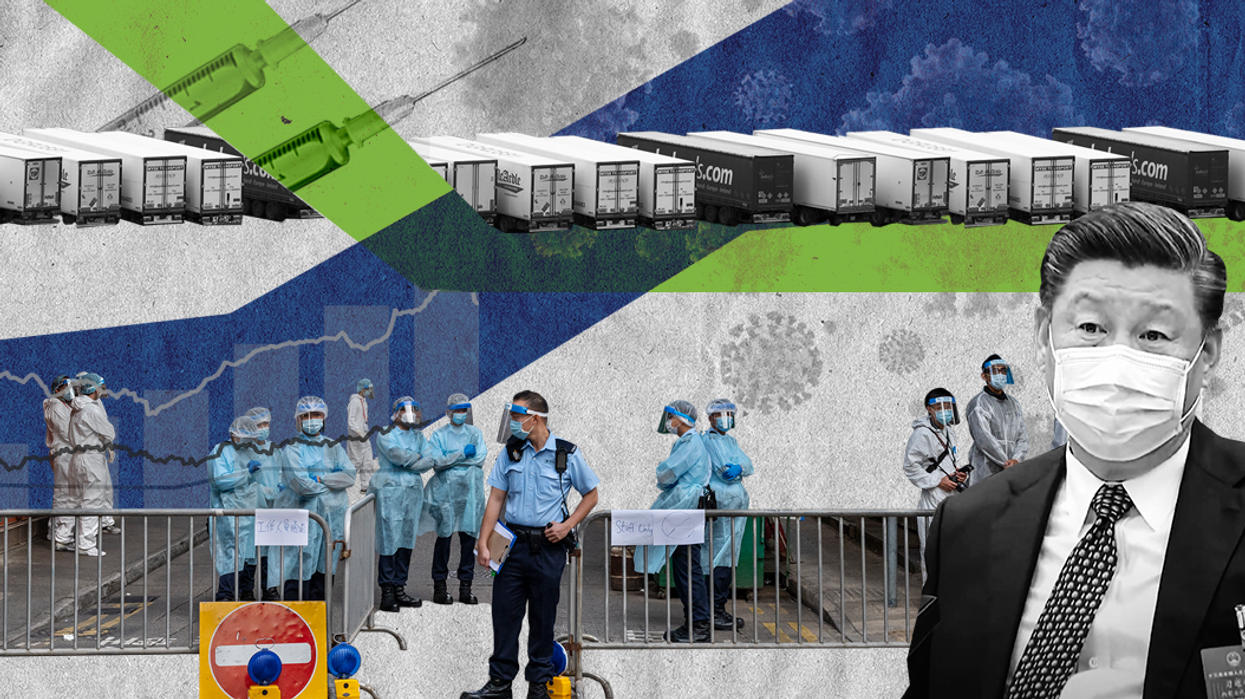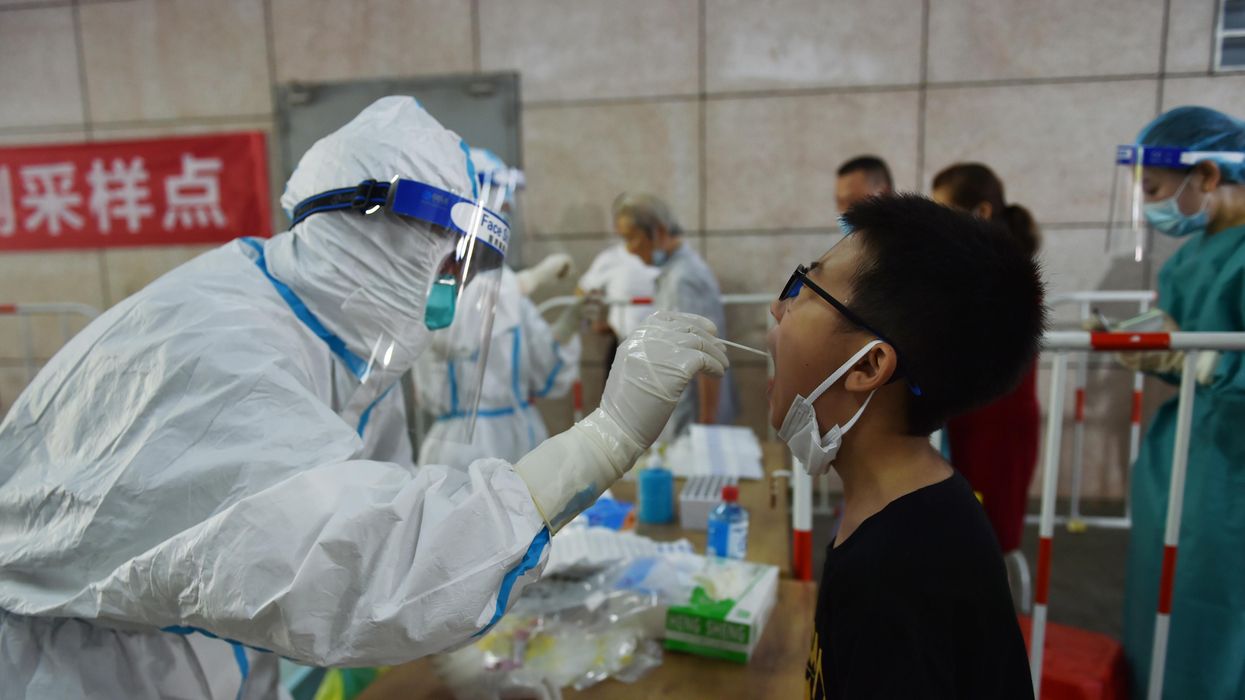ask ian
Slim GOP majority traps McCarthy in US House speaker standoff
Why is the GOP, the Republican Party, having difficulty electing a House leader? Will Erdogan have success playing peacemaker with Zelensky and Putin? What countermeasures is China threatening in response to COVID travel restrictions? Ian Bremmer shares his insights on global politics this week on World In :60.
Jan 04, 2023
